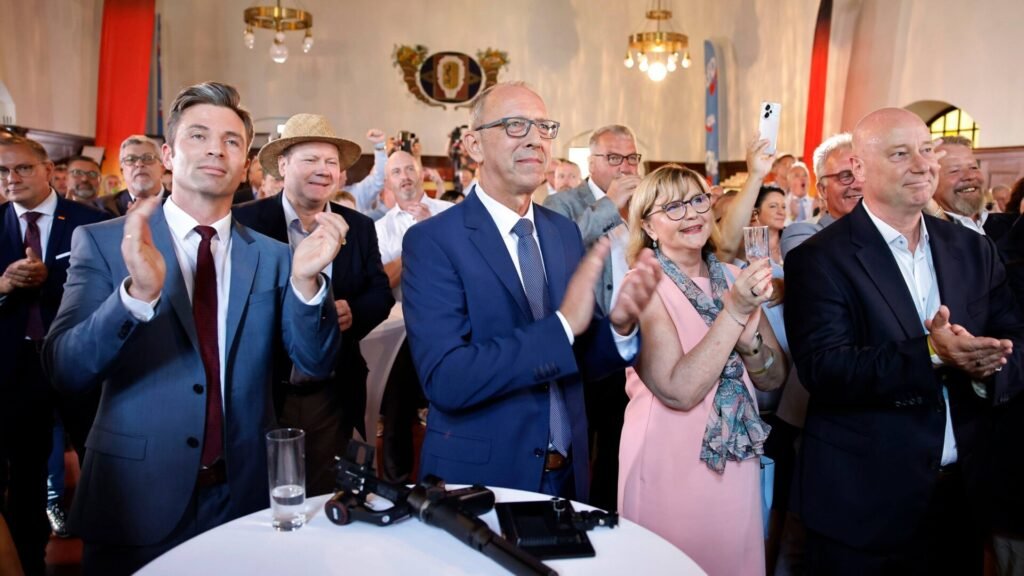In Germany, a far-right party has won a state election for the first time since World War II. Thuringia won by the far-right Alternative for Germany (AfD) with 32.8% of the vote. This was a higher proportion of votes than the Christian Democratic Union (CDU), which received 23.6% of the vote. The outcome of Sunday’s regional elections has drastically altered the political environment.
In addition, the adjacent state of Saxony is a stronghold for the far-right AfD. As of Monday, the CDU is predicted to have received 31.9% of the vote, only 0.6% higher than the AfD, which is anticipated to have secured around 30.6%. In contrast to the 2019 elections, the AfD has made considerable progress. The AfD’s chances of taking over any state are slim, even given their spectacular performance. This is a result of other parties’ reluctance to collaborate with them. This might lead to more internal conflict within Chancellor Olaf Scholz’s coalition. The instability of the Free Democrats and Greens, the coalition’s center-left allies, might make things more unclear inside the administration.
Bjoern Hoecke, the leader of the far-right AfD, holds strong views on immigration and Islam, but he is pleased with the result. Hoecke’s speech caused him to become well-known and controversial inside the party movement. Omid Nouripour, the leader of the Green Party, expressed his concerns about the Alternative for Germany’s increasing influence. The Scholz-led coalition is currently in a challenging position with the upcoming national election. The Alternative for Germany’s development and increased voter turnout indicate a shift toward social conservatism. Recent violent incidents have heightened the divisive immigration debate, and the election results were made public amidst this controversy. The far-right Alternative for Germany has made considerable gains in these eastern states, indicating a shift in Germany’s political climate.









